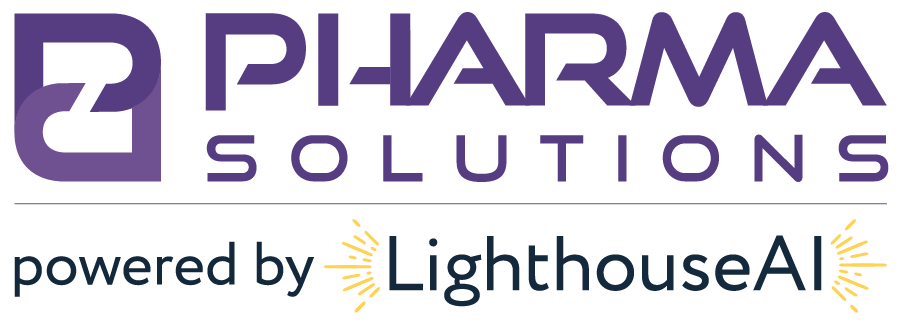A Failure of Legislation or Rulemaking? Virtual Manufacturers & Maine
Legislators set the rules, and regulators enforce them – and if either side doesn’t pull their weight, it leads to glaring issues which can disrupt the supply chain. A common practice for state regulators is to look to each other for support in the rulemaking process – someone has already done the work in forming rules, so piggybacking is easy. However, this can compound the issues that some rules have.
Maine Legislation
When determining a license requirement in a state, Pharma Solutions uses a three-pronged assessment: Board Communication, Legal Research and Ancillary Research (performed by our Senior Consultants and/or Staff Attorney). In our analysis of Maine’s legislation and rules, there is a glaring discrepancy in licensing requirements of “virtual” manufacturers and distributors (“virtual” meaning a company that does not take physical possession of drug products at any time).
Legislation and Rules Discrepancy
Per Title 32, Chapter 117, Subchapter 6, §13758 (2), “all manufacturers and wholesalers whose products are distributed in the State in any manner must be licensed by the board.” However, per Board Rules Chapter 12 Section 3: “Applications need not be filed for business locations at which no manufacturing or distribution occurs.” This was then confirmed by the Maine Board of Pharmacy directly. The law clearly states a license is required not only for virtual manufacturers directly selling into the state, but all virtual manufacturers whose products end up in the state. However, based upon the rules, the Board provides guidance that a license is not needed for virtual manufacturers if they do not take possession of product, whether or not the sell into the state or not.
Regulation of CMO’s
We have noticed a trend in the past two years of state regulators, justifiably, requiring transparency into the supply chain by asking “virtual manufacturer” applicants for information all the way back to the Contract Manufacturer Organization (CMO). A CMO is contracted by a “virtual manufacturer” to physically manufacture a drug product, so that the “virtual manufacturer” can focus on selling the product into the market, instead of worrying about setting up and operating massive facilities to manufacture drugs. A “traditional manufacturer,” by comparison, would be involved in both the physical manufacturing and the sale of the drug product.
A state asking a question or obtaining a list of CMOs used by a virtual manufacturer would provide transparency – but states that enforce licensing requirements on domestic and foreign CMOs pose significant potential downside, with very little upside. The FDA already inspects and regulates drug manufacturing facilities; and State Boards are not better equipped, in terms of staff resources or GMP knowledge, than the FDA when evaluating those facilities.
Further, the regulation of CMO’s does not make practical sense for two reasons: first, the drug file holder/labeler is ultimately responsible for the quality of the product and so it would be much more appropriate to look at their quality management (e.g. SOP’s or recalls/withdrawals executed) against the virtual manufacturer, rather than the physical manufacturer. Second, the CMO often does not own materials (API, binders, packaging components, etc.) used in the drug itself, nor is it the last company to physically possess the drug before distribution in the US. Virtual manufacturers typically use a 3PL to import and then distribute the drugs).
Oklahoma’s controversial ruling that all foreign CMOs of a manufacturer must be licensed is a leading example of rulemaking that can cause significant disruption to what can already be a fragile supply chain. Under their rule, thousands of manufacturing facilities, from Toronto to Shanghai, are now required by state law to obtain a license. This causes issues because CMOs often are not willing to obtain such a license, and the logistics of managing a license US requirements and the physical mailing of the application is cumbersome, to say the least. Additionally, the relationships that virtual manufacturers have with CMOs is inherently complex, with specific regulatory, quality, performance and monetary requirements on both sides – in short, switching CMOs is not an easy task, and to think a license requirement in a small state will change that is simply not appropriate.
States, including Arizona and Utah, have also demanded that CMOs obtain licensing in their respective states, as a prerequisite to their virtual manufacturers obtaining a license to sell drug products in their state. However, they acknowledge that they lack jurisdiction over foreign entities. As such, it creates a nuanced “Catch-22” as the CMO of a virtual manufacturer must be licensed in the state for the virtual manufacturer to obtain a license, but a foreign CMO is not able to obtain a license because the state lacks jurisdiction over the CMO.




0 Comments